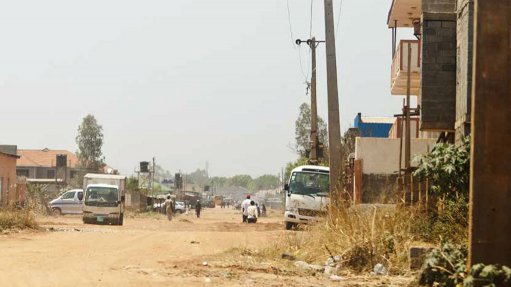
Despite programmes aimed at fast-tracking land reform and radically restructuring the country’s agrarian economy, South Africa’s rural areas are still characterised by poverty and inequality.
Research by the Financial and Fiscal Commission (the Commission) found that, in rural municipalities, agriculture’s share of economic output is relatively small, but agriculture has significant influence on average incomes. Positive changes in per capital income or agricultural value added has a positive impact on agricultural value added and per capita income respectively in rural municipalities, but no impact in urban municipalities.
The study also found that non-agricultural growth has a greater impact on poverty alleviation than does agricultural growth. The Commission thus recommends that a framework for implementing, evaluating and monitoring key agricultural grants be established; that agriculture-related intergovernmental transfers be distributed in a manner that promotes equity and ensures access for targeted groups, especially emerging and subsistence farmers; and that a framework be established to facilitate improved coordination among the departments and public entities tasked with driving rural development and poverty alleviation.
Report by the Financial & Fiscal Commission